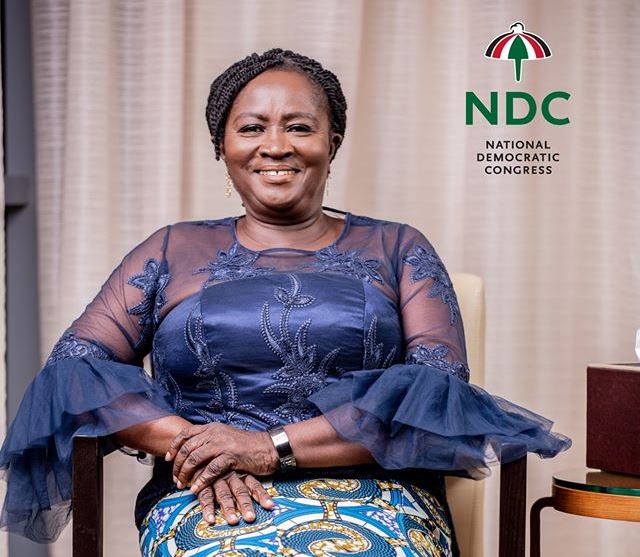
- Dr Joshua Jebuntie Zaato, Political Science lecturer at University of Ghana, questioned why VP Jane Naana Opoku-Agyemang was excluded from the recent Global Info Analytics survey on NDC 2028 presidential contenders.
- Survey focused only on individuals with at least 10% support in tracking polls.
- Poll included Haruna Iddrisu (30%), Johnson Asiedu Nketiah (24%), Dr Cassiel Ato Forson (18%), and Julius Debrah (10%).
- Other figures like Samuel Okudzeto Ablakwa, Eric Opoku, Joshua Alabi, Armah Kofi Buah, Kwame Awuah-Darko, and Spio Garbrah polled between 1%-8%.
- Dr Zaato expressed concern over the Vice President’s exclusion despite her high-profile role as President Mahama’s running mate.
Dr Joshua Jebuntie Zaato, a Political Science lecturer at the University of Ghana, has raised concerns over the exclusion of Vice President Professor Jane Naana Opoku-Agyemang from a recent Global Info Analytics survey tracking potential National Democratic Congress (NDC) presidential candidates for 2028.
Speaking on TV3’s The KeyPoints on October 4, Dr Zaato expressed surprise that the Vice President—who is also President John Dramani Mahama’s running mate—was left out of the poll despite her prominent role within the party and the government.
Mussa Dankwah, Executive Director of Global Info Analytics, responded by explaining that the survey only highlighted individuals who had achieved at least 10% in their internal tracking polls. Based on preliminary results, the poll focused on four NDC figures perceived as strong contenders: Haruna Iddrisu (30%), National Chairman Johnson Asiedu Nketiah (24%), Finance Minister Dr Cassiel Ato Forson (18%), and Chief of Staff Julius Debrah (10%).
Other party members, including Foreign Affairs Minister Samuel Okudzeto Ablakwa and several former ministers and MPs, scored between 1% and 8% and therefore did not meet the survey’s inclusion threshold.
Dr Zaato questioned the methodology and implications of omitting Vice President Naana, asking why the party’s second-in-command, given her stature and experience, was not considered in the survey. The issue has sparked discussions about representation and recognition within NDC ahead of the 2028 election cycle.
Reflective Opinion
The exclusion of Vice President Naana Opoku-Agyemang from the survey highlights a broader debate about how polling thresholds can shape public perceptions of potential political candidates. While data-driven approaches like Global Info Analytics’ methodology help streamline results, they can also inadvertently overlook key figures who may have substantial party support or symbolic importance.
Dr Zaato’s reaction underscores the tension between statistical rigor and political visibility. VP Naana’s omission could be interpreted as minimizing the influence of women in leadership within Ghanaian politics or as a reflection of current public opinion metrics. Regardless, the episode emphasizes the importance of transparent methodology in surveys that inform political discourse.
As the NDC prepares for the 2028 flagbearer race, the conversation also raises questions about how internal party dynamics and public perception intersect, and whether established figures like the Vice President might see a resurgence in influence despite initial polling results.
In essence, while surveys offer a snapshot of popularity, political capital and party leadership roles often extend beyond mere percentages, meaning VP Naana’s relevance in the NDC race remains significant despite her exclusion from this particular poll.